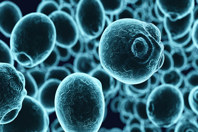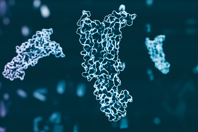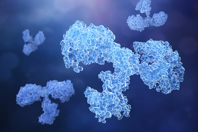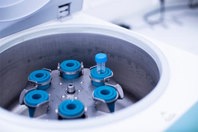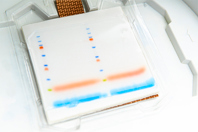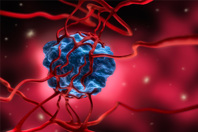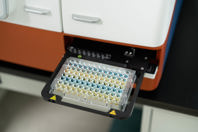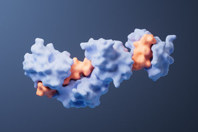
ABOUT DANAHER LIFE SCIENCES
Every day, scientists around the world are dedicated to unraveling the mysteries of disease, discovering novel therapies and vaccines, and conducting crucial drug testing. At Danaher Life Sciences, a collection of businesses within Danaher Corporation, we play a pivotal role in facilitating these cutting-edge scientific endeavors. Our comprehensive capabilities go beyond research, enabling us to drive the development of innovative biopharmaceuticals, revolutionary cell and gene therapies, and other breakthrough treatments that propel patient health forward and enhance treatment outcomes.










FEATURED ARTICLES
-
Cultivate oxygen-sensitive probiotics with precision using real-time monitoring, microfluidic feeding, and pH control for reproducible growth and optimized microbiome and fermentation research.
-
Discover how oxygen-enriched conditions and smart feeding strategies boost microbial growth. Prevent oxygen limitation, improve productivity, and maintain control for high-density bioprocessing success.
-
Unlock efficient microalgae cultivation with precise lighting and real-time insights. Explore ways to boost biomass, optimize growth, and accelerate sustainable bioenergy and bioproduct innovation.
-
A new size exclusion method effectively analyzes Tirzepatide aggregates, demonstrating robust separation and reproducibility with minimal need for organic solvents or acidic modifiers.
-
Effective size exclusion chromatography (SEC) for Semaglutide aggregate analysis is possible without high organic solvents or acidic modifiers. Learn about this robust method for improved efficacy.
-
View this collection of application notes about the chromatographic analysis and purification of GLP-1 analogues, including Semaglutide, Tirzepatide, Liraglutide, and Exenatide.
-
Streamline proteomic workflows with consistent sample preparation. Discover how simplifying LC-MS processes can eliminate bottlenecks, improve reproducibility, and accelerate drug discovery research.
-
Resolve monomers from dimers across AAV serotypes with a breakthrough solution that cuts sample use by up to 90%, accelerates development, and reduces costs—transforming gene therapy workflows.
-
Streamline your antibody production with a robust Cell Line Development strategy. Discover how automation, analytics, and digital tools accelerate development from clone selection to commercialization.
-
Scaling gene therapy demands precision and actionable data. Discover how integrated technologies like ultracentrifugation and mass spectrometry enhance AAV yield, purity, and characterization.
-
Human-relevant models are transforming drug screening. Find out how overcoming 3D cell culture challenges with integrated innovations accelerates discovery and brings effective treatments to patients faster.
-
Human-relevant models and spatial profiling are transforming drug discovery. Explore how predictive, human-like insights improve disease modeling, drug screening, and personalized treatment development.
-
Western blotting identifies specific proteins in complex samples, using gel electrophoresis and antibody probing. Find out how it reveals protein presence, abundance, and size.
-
Discover Dr. Sizun Jiang's transformative insights on spatial technologies, AI-driven cancer care, and data harmonization, which illuminate the future of oncology through innovation.
-
Ensure consistent cell health and assay reliability with controlled temperature and gas conditions. Discover how microplate readers with gas mixers enhance cell viability in live cell-based assays.
-
Discover how innovations in automation and digitalization are transforming CLD, streamlining biologics production, and empowering companies to overcome challenges in next-generation therapy development.
-
The industry faces rising R&D demands as many drug candidates fail in clinical trials. Explore cost-effective technologies that improve drug screening accuracy and accelerate successful drug development.
-
Patient-derived organoids are revolutionizing drug discovery by mimicking tumors and predicting therapeutic efficacy. Discover a scalable bioprocess that enhances reproducibility and cost-effectiveness to pave the way for broader adoption.
-
Mitogen-activated protein kinase cascades regulate key cellular processes like proliferation, differentiation, and apoptosis. Explore how these pathways maintain cellular homeostasis and contribute to disease development.
-
Recent advancements in 3D patient-derived organoids (PDOs) offer improved predictive power over traditional 2D assays. Explore a patented bioprocess for PDO expansion that could revolutionize drug discovery, especially in oncology.
CONTACT INFORMATION
Danaher Life Sciences
500 Old Connecticut Path
Framingham, MA 01701
UNITED STATES


